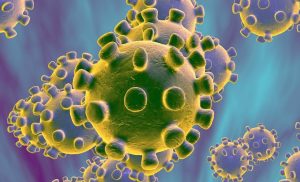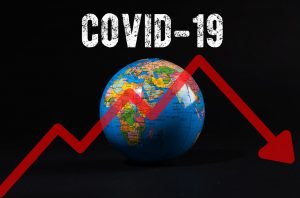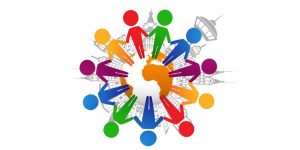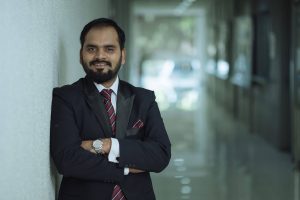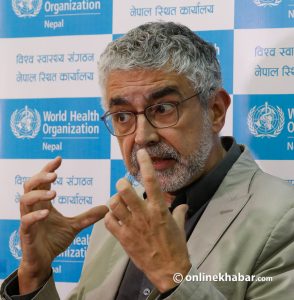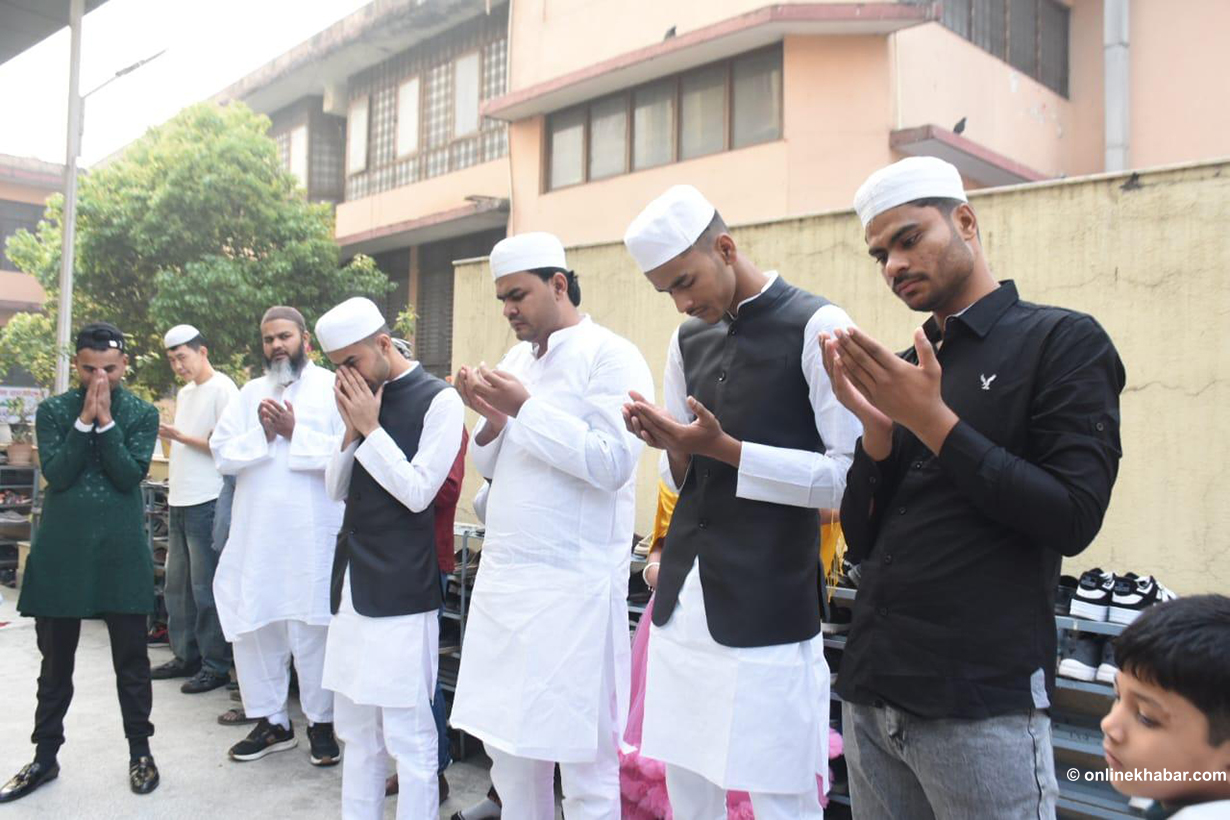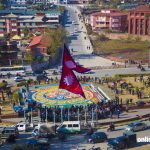
First, let me share my own experience. On April 23, I was in a grocery; it was the day before the nationwide lockdown started in Nepal. I asked the grocer to provide me with two packs of toothpaste. He said he had only one pack at the moment. I said I would come after one week and take two packs, but he replied there was no certainty that if we would be able to see me one week later. I was shocked by his words. It made me serious.
At first, I myself became angry with him and thought what a pessimistic person he was. Finally, I realised that he was afraid of the pandemic situation; he was uncertain about the next day and his mind was full of fear.
This is one of the examples of common people’s feelings during the pandemic situation. Certainly, the coronavirus pandemic has ingrained fear into us. Consequently, all the academic institutions, as well as most of the economic activities, have been shut globally.
 We have read and heard about different crises, epidemics, natural calamities, and other disasters in history. But, at present, we ourselves are suffering from the worldwide pandemic. Many countries around the globe including Nepal have been lock downed to save the lives of people. It seems everything is uncertain and everyone is frightened.
We have read and heard about different crises, epidemics, natural calamities, and other disasters in history. But, at present, we ourselves are suffering from the worldwide pandemic. Many countries around the globe including Nepal have been lock downed to save the lives of people. It seems everything is uncertain and everyone is frightened.
There are some debates going on about the spread of coronavirus. A Guardian piece on May 1 says US President Donald Trump claimed that the US had evidence to prove the coronavirus was originated in an institute of virology at Wuhan, China. We do not know the reality, but there is no evidence from independent sources to support his argument. Malle et al (2014) have discussed the blame theory and argued that at first, the blamers make judgments about the agents who intentionally and unintentionally have committed the act. If the blamers perceive the act is intentionally done, the perceivers try to find the causes behind it.
On the other hand, if the perceivers think it is done unintentionally, they think that the agent could have prevented it. However, Whitbourne (2015) pointed out that people blame others because they do not want to accept their own responsibilities, and blaming is also a defence mechanism in order to protect their own self-esteem.

All the people around the world know that it is a time to join our hands together no matter either we are big or small, rich or poor in order to combat against the pandemic situation. But, it is very frustrating and sad to say that powerful ones are busy blaming each other and it seems that priorities of powerful ones are in power games rather than humanity and international fraternity.
Here, one question comes forward: Is the protection of the national economy more important than the lives of citizens? Many people raised this question after the largest number of Covid-19 deaths was confirmed in the United States. As per a BBC news report, Trump denied to lock down New York City completely stating it would paralyse the finance sector.0
However, China has taken control over the coronavirus imposing complete lockdown. It could be argued from the incidents that the richest countries value wealth than the lives of human beings. A common layman could ask, “Won’t it be wise to strengthen a country’s economy again, and save the lives of citizens first?” In this case, the government of Nepal should be thanked for enforcing complete lockdown to control the spread of the infection even bearing a heavy loss to the national economy.
Lockdown is neither anyone’s desire nor the government’s dominant policy. It is a compulsion created due to the worldwide pandemic. We should understand that children will be able to go to schools; we could join our jobs; the government could revive economic activities; all the people could resume their usual work in the future if we remain safe and healthy. That is why we should follow government instructions and WHO-recommended practices. Let us join our hands together during this difficult time for our safe and sound future.
The author is pursuing MPhil at the Department of Development Education, Kathmandu University.




